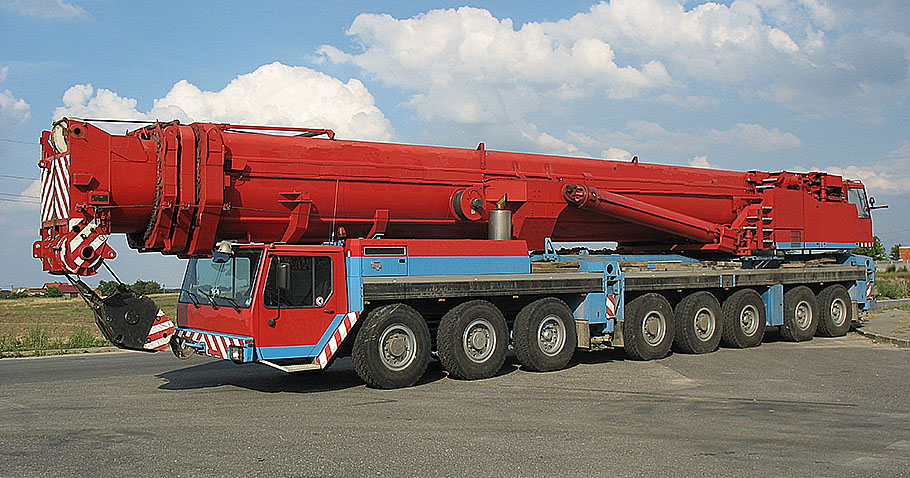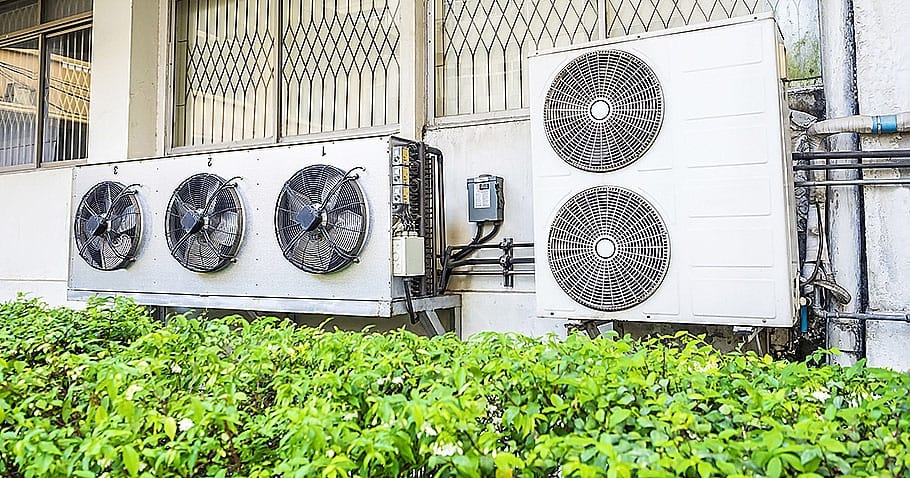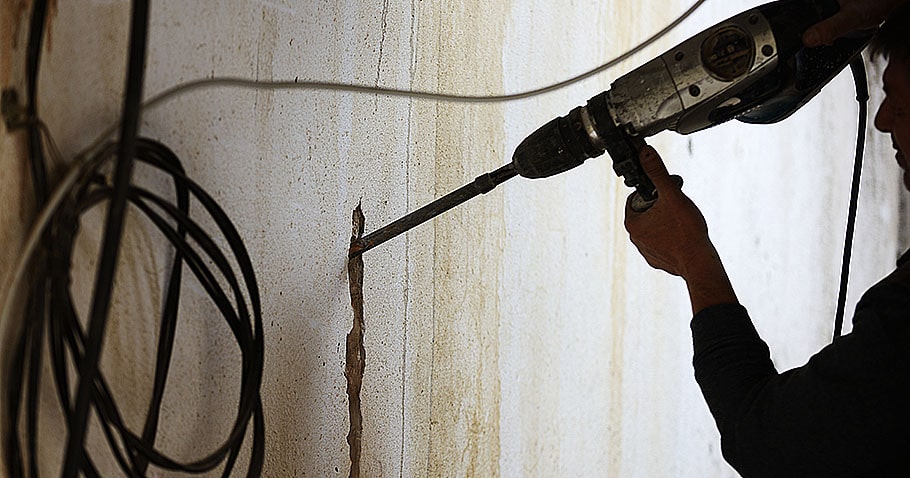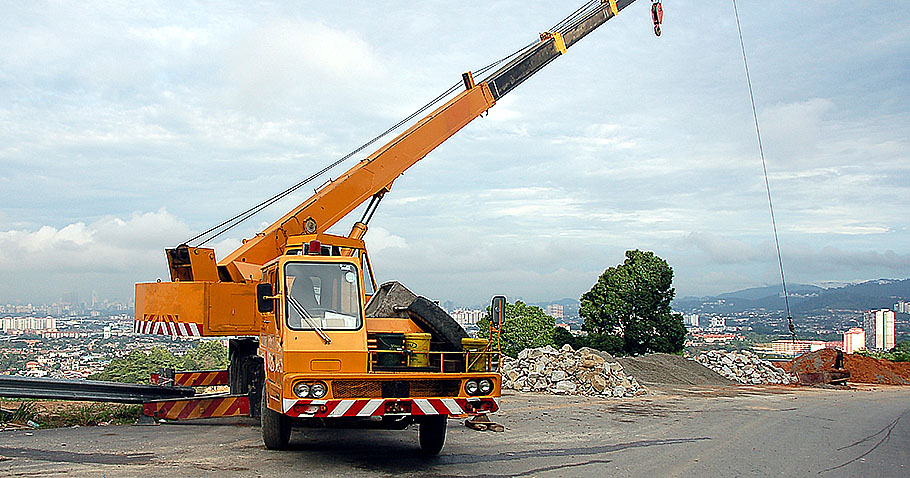A ship loader is a crane that is used for loading and unloading weights and cargo off a ship. Operators are also required for operating these cranes which is both a mentally and physically demanding job. There are different types of ship loaders made to handle different kinds of jobs and cargo. You have to hire the right type from crane rental services based on your requirements and the cargo. So, let’s know how ship loaders work and what they do.
Ship Loaders And Their Types
Ship loaders have become an essential part of the transportation industry let alone construction. Today, cargo is transported all over the world with the help of air and sea transportation routes. But first, the cargo needs to be loaded and ensured it is safely in place to be able to travel thousands of miles.
Ship loaders in that respect are quite effective and efficient. They can adapt to different types of working environments and can easily load and unload a wide variety of cargo without any complications. However, if you intend to rent a ship loader, you should be familiar with its types. There are two main types of ship loaders used globally.
Stationary Ship Loaders
To begin with, stationary ship loaders as the term suggests are stationary and do not move at all. The biggest advantage offered by stationary ship loaders is lower acquisition and maintenance costs. These machines operate within the quay, so you don’t need to spend a hefty amount on the redesign for this ship loader to be functional for you.
However, its setup is costly. While there are some advantages, stationary ship loaders have some disadvantages as well in operating costs and operating efficiency. Considering that a stationary ship loader cannot move, the vessel needs to properly park itself in place for the loader to safely load and unload the cargo.
As a result, the constant movement of the ship might pose a threat to the docking structure and the ships in the surrounding. Furthermore, the movement also consumes a lot of manpower and time which decreases the average loading rate.
Mobile Ship loaders
Mobile ship loaders are differentiated into two types: partially mobile and fully mobile ship loaders. The biggest benefit of mobile ship loaders is their mobility due to their design. The design allows the ship loader to move without the rails, which removes the need for the ship to move back and forth to park in a precise location.
That said, the process helps reduce a huge amount of time spent otherwise in terms of manpower and operating costs. However, the disadvantage of mobile ship loaders is found in the space they are designed to work in. To properly work, mobile ship loaders require a substantial existing wharf length or an extension.
Furthermore, the difference between the two types is that the partially mobile ship loaders work with the rails installed on the quay whereas fully mobile ship loaders have wheels so they can be moved anywhere by an operator. Plus, for rail-mounted ship loaders to work, docks and rails need to be installed each time.
This adds to the operating expenses and takes days if not months for the installation. On the other hand, wheel-mounted ship loaders do not require the installation of dock and railings. So, check with crane for rent companies which ship loaders they have so you hire the right one.
What Are the Uses Of a Ship loader?
The uses and responsibilities of a ship loader vary based on the type of working environment, vessel, and the cargo being handled. Generally, ship loaders load and unload transportation and construction materials such as coal, cement, ores, etc. Moreover, only a licensed and experienced individual can operate a ship loader.
Some states have strict rules & regulations required by the contractors to follow. Ship loaders also operate cranes, conveyor systems, etc. This means these people should be highly skilled and experienced considering the risks involved during the loading and unloading process.
In addition to that, ship loaders also have to follow the industry standards in terms of efficient time management, maintenance, and environmental compliance. While working with heavy weights, it is normal for the ship loaders to experience wear and tear. At the same time, due to some complications, the process might face obstacles increasing the time required to complete the task.
Most importantly, the surroundings need to be factored in as well as there are a lot of buildings, machines, and people on the ground that are under a huge risk while the weights are being lifted and moved. Therefore, the responsibilities of a ship loader are many and need to be considered to ensure everything goes smoothly.
How To Maintain A Ship Loader?
To ensure ship loaders remain efficient, effective, and safe during operations, professional inspection and maintenance need to be performed regularly. Some states require operators to perform an inspection both before and after the weights have been loaded and unloaded.
Ship loaders are heavy and big machines comprising different parts. Due to constant weight lifting cracks, damage or leakage might occur. Depending on the situation, the damage or leakage might be big or small. While it is easy for visible damage or leaks to be spotted and fixed, it is the small ones that are more concerning.
This is primarily the reason ship loaders need to be inspected properly by a professional. Some states also keep an eye on such procedures by sending a state employee to ensure the contractors are following the regulations and standards.
The best way to maintain ship loaders is by following a maintenance schedule. Then again, depending on the state, you might also have to share the maintenance. If the states find discrepancies or you simply fail to maintain a maintenance log, a hefty fine will be imposed.
How To Pick The Perfect Ship Loader?
Considering the different types of ship loaders, it can be difficult to pick the best option. The only way to ensure your money is spent the right way is by determining your needs and preferences. As mentioned earlier, the transportation and construction industry deals with a variety of weights daily.
This means you are working in a particular industry, you will need to determine the type, weight, and amount of loads needed to be managed. Keep in mind that the operating costs will vary along with the rental costs as well.
On the other hand, you should hire an experienced operator as well. Ship loading might seem an easy task but anything can go wrong unexpectedly. Even a small mistake can lead to the loss of lives. That said, take your time and look around. If you are still confused, take help from experts and always have multiple options at hand. And, make a final decision having balanced out the advantages and disadvantages.
Conclusion
Ship loader cranes play a significant role in moving loads from one place to another. However, it is a risky process as well. It is critical that you and the crane services you work with follow all the safety and security protocols to ensure everything goes smoothly which includes the inspection of the ship loader and other rigging equipment. Otherwise, accidents and mishaps will only add to the expensive operating costs.








Comments